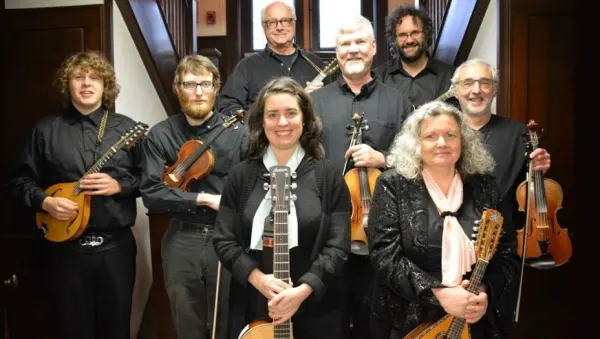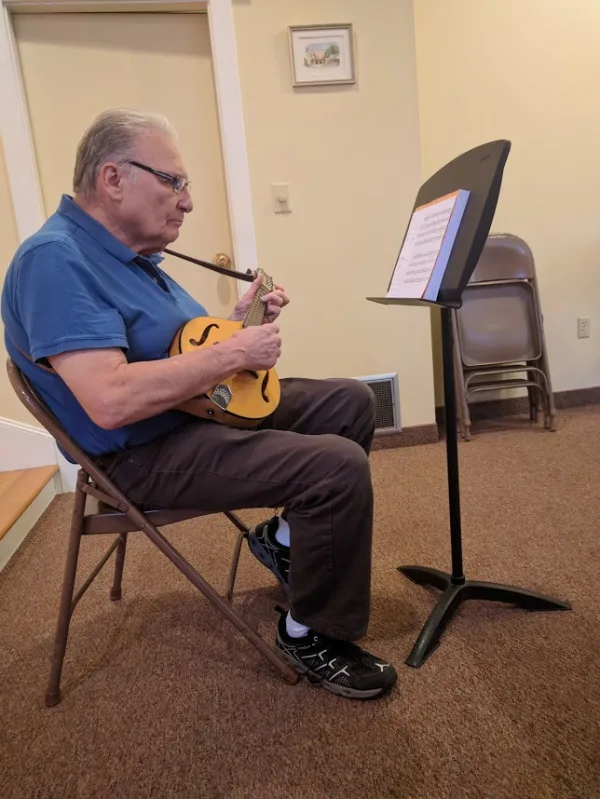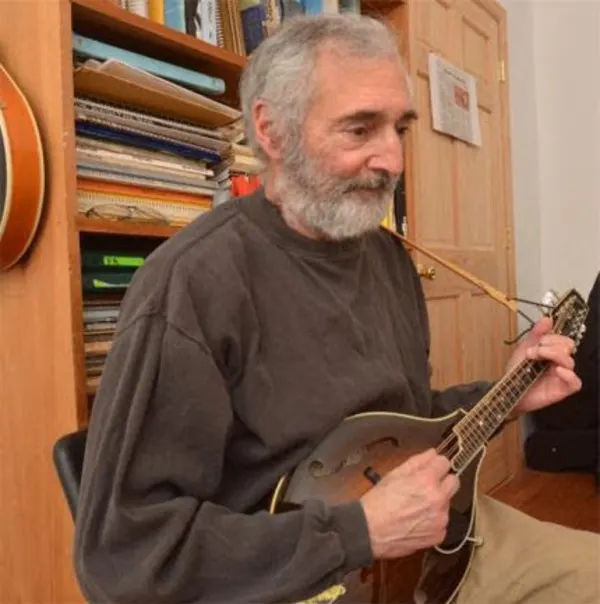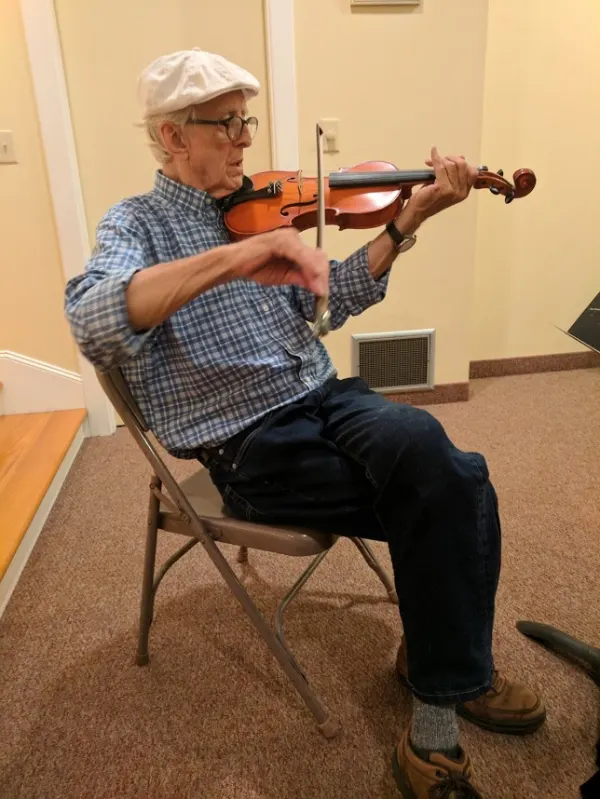About
At Sweet Music Studio, private lessons go beyond just learning tunes or mastering scales. We offer a comprehensive musical journey that's as enriching as it is enjoyable. You'll not only learn to play but also to appreciate the intricate details that make music so captivating. The end result? A sense of accomplishment and the sheer joy of making music.
Our lessons cover a wide range of topics, from the historical significance of your chosen instrument to the proper techniques for holding and playing it. Whether you're picking up the mandolin or drawing a bow across a violin, we'll guide you through the essentials, including:
* Reading music
* Effective practice strategies
*Self-motivation techniques
*Collaborative playing
Once you've gained some proficiency, you'll have the chance to join a group setting, where you'll learn the art of musical interaction and collaboration. This balanced approach of individual and group lessons prepares you for a fulfilling lifelong journey as a musician.
Here's what one of our students, Ben Levy from Granby, MA, had to say:
"Adam is not just a music teacher; he's a music educator. He delves into the history, social context, and various genres of music, offering a well-rounded understanding of the instrument and the music you're playing. His teaching style is a valuable addition to the western Massachusetts cultural scene."
As for me, believe it or not, I find teaching even more rewarding than playing. My ultimate goal is to guide you to a level where you can confidently and comfortably make music with others. I look forward to helping you achieve your musical aspirations.
Best,
Adam R Sweet
Co-founder of Mandolin New England, Member of Celticado, The Americana Project, and Fiddle Hill
Specialties
Do you own a violin?
Years experience
Able to read music
Lesson length
Student's age
Instrument interested in
Photos and videos






Reviews
linda H.
rachel P.
robert L.
will M.
William P.
Emily G.
Frequently asked questions
What is your typical process for working with a new student?
The first step is to find out what instrument they want to learn and what style(s) of music they want to learn on that instrument. I teach classical, but also celtic, bluegrass, klezmer, blues and jazz. The next thing to do is to find out what level they are at, for example, has the student already had a few lessons, or did they play an instrument when they were younger, can they read music, etc. That will help determine where to start with them. The next step, is to find out if there's an available time in my schedule that meets their needs. I generally teach weekdays from 5pm-9pm, but I also have some morning slots open. My schedule is posted on my website, and students should ask.
What education and/or training do you have that relates to your work?
I have a BA in Music and certificates in violin, chamber music coaching and performance from the New England Conservatory of Music, The Concervatory of Music at Rivers and Hampshire College, where I graduated in 1985. I opened my studio in 1986 and have been teaching mainly violin, mandolin and guitar ever since.
Do you have a standard pricing system for your lessons? If so, please share the details here.
Lessons are 60 minutes a week. I do not do 30 minute lessons because they are a waste of an hour which could be used for private lessons or group classes.
How did you get started teaching?
I first started teaching friends in High School. Later in College, I taught a few classmates how to play the violin. It was very natural for me to do it professionally as an adult as I'd put a lot of thought into it as a teenager.
What types of students have you worked with?
I've worked with students of all ages over the 30+ years I've been teaching. Lately, most of my students are aged 50 and older, and i think that has more to do with the current live music scene than anything else. People of a certain generation (boomers) were brought up culturally valuing music and being able to play a musical instrument with others was well respected and a good goal.
Describe a recent event you are fond of.
I'm a co-founder of Mandolin New England, an organization that puts together mandolin orchestra concerts in Rhode Island and western Mass. My students are a part of this group as are the students of one of my colleagues in Rhode Island. It's a lot of fun. We are working on Bach, Mozart, Vivaldi and Schubert.
What advice would you give a student looking to hire a teacher in your area of expertise?
Background and education is important, but more important is to know in advance what you are looking for in a teacher and in lessons. Be realistic. It takes 6-9 months of daily practice an hour or more to learn to play the mandolin well. Two years or more to learn the violin.
What questions should students think through before talking to teachers about their needs?
Students should know what their schedule looks like, know if they can commit to daily practice, and if they are willing and able to follow the instructions of the teacher to the letter.